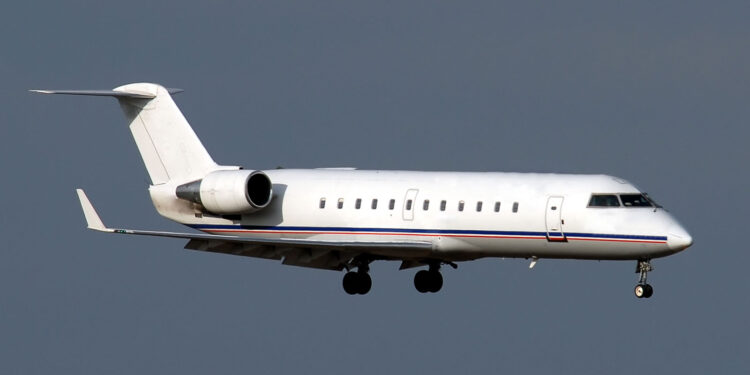Weapons and Game Transportation on Business Aircraft: Part 2 of 2 – Permits & Documents

This business aviation blog post continues from our article last week, titled “Weapons and Game Transportation on Business Aircraft: Part 1 of 2 – Travel Options.“
For international hunting trips documentation and permit requirements are typically more onerous than for other types of general aviation (GA) flights. Any errors, in terms of permits or documentation, can lead to delays, denial of permits, or detention of passengers and/or crew at a foreign location.
The following is an overview of what you need to know:
1. Obtaining gun permits
Ensure you have all required gun permits in order. The hunting lodge you’re visiting will assist with this. Determine if the destination allows you to bring your own ammunition or if you’ll have to purchase it in country. Some countries allow temporary importation of hunting guns, but do not permit importation of ammunition. It’s best to allow 25 – 30 days lead time to determine your ability to hunt in a particular country and secure any required gun and operating permits.
2. Hunting permits
Prior to traveling to any country for big game hunting, particularly if you’re hunting threatened species, ensure you have your hunting permit well in advance of travel. This allows your ground handler to make all required arrangements for your arrival and to ensure there will be no delays or unexpected issues.
3. Documentation for transit stops
When traveling with hunting weapons onboard it’s important to know your options and requirements for transiting en route countries. Canada, for example, requires you to submit a form to CANPASS when transiting with weapons onboard, and this must be submitted in advance of the aircraft’s arrival. Ensure that you understand all local requirements regarding hunting weapons for all planned transit stops. At minimum, you’ll need to provide gun serial numbers, type of weapon, full name of aircraft operator, and all gun licenses to local authorities in advance of each transit stop.
4. Remote airport operations
On some hunting trips you may operate into smaller domestic airfields with little in the way of ground support equipment (GSE) and/or aircraft services. In some cases there will be no support services available and very little, or no, airport security or fencing. There are landing locations close to game parks in Africa where the standard operating procedure is to do a flyover of the runway, prior to landing, to clear wildlife from the field/runway. It’s not unheard of for local lions to rest under the shade of aircraft wings – so be careful!
5. Age considerations
Be sure to check on legal age limits for hunting at your intended destinations. Some countries do not allow minors to hunt.
6. Multiple stop trips
If your trip involves multiple stops, and you’re not hunting at all stops, onboard weapons may need to be secured by local authorities for the duration of the aircraft’s stay. Advance notification is needed for this service.
7. Permits
For countries that require landing permits, you’ll need to provide all crew and aircraft documentation – including certificates of airworthiness and registration, insurance, and pilot licenses and medicals. In some cases hunting licenses may be needed when the purpose of the flight is hunting. You may also need prior permission required (PPR) to operate to certain remote airfields close to large game areas. You may need to provide the airport with such details as your hunting lodge contact and weapons being brought in, in order to be permitted to land and to travel within the local area.
8. Risks for the unprepared
Be aware that fines and penalties can be very steep for not following protocols, bringing in undeclared weapons/ammunition, or hunting/transporting threatened species without appropriate licenses. If you do not have appropriate paperwork and approvals, or if you’re hunting in a country that does not permit big game hunting, your game may be confiscated; and, you may be liable for fines, prosecution, or imprisonment.
9. Allow plenty of lead time
One month lead time is recommended when planning international big game hunting trips, particularly when operating to remote locations. This allows sufficient time to research any applicable restrictions, permit issues, licensing requirements, and to obtain gun permits.
Conclusion
Your 3rd-party provider, local ground handler, and destination hunting lodge will assist in obtaining appropriate permits and authorizations for international big game hunting trips. Still, some hunting trips can be challenging. Make sure you fully understand the regulations for each destination and ensure during your trip that you are in compliance with the local laws.
Questions?
If you have any questions about this article or would like assistance planning your next big game hunt, contact me at jeffkelley@univ-wea.com.




